Fungi Gwanzura Ottemöller is a woman of substance and an ultimate force of nature. She is a Zimbabwean-born academic and intellectual that challenges herself and others to question, with an open mind and critical eye, structure and predetermined knowledge. She challenges those she meets to rise above what they think they know and look deeper, listen closer, and see and hear each other.
Fungi moved to Norway as a Master’s student, she met her husband at university, and sometime thereafter, she moved to Scotland to pursue her PhD. Some years after, she returned to Norway and has worked incredibly hard to make a life for herself here. Today, she is an Associate Professor in Health Promotion at the University of Bergen. Health Promotion is a process of enabling people to take control of their own health – and this includes mental, physical and professional health. She approaches health and wellbeing from a salutogenic perspective which, as opposed to medical model of dichotomy between health and illness, sees that relationship as a continuous variable between ease and dis-ease. In this regard, salutogenesis focuses on factors that support sound health and wellbeing.
Fungi’s research concentrates on integration, adaptation and settlement in Norway with a specific focus on people who have come to Norway as refugees. Doing this type of work requires a constant process of learning, unlearning and relearning. Fungi believes that we must be able to shatter preconceived notions of ourselves and others, so that we may allow ourselves and others to thrive.
This important work of hers also touches on social issues that are close to our hearts at Diversify. Last year, we had the pleasure of having Fungi facilitate one of our sessions on Mental Health and Wellness. She tackled the crucial topic of identity across social and economic lines with grace. And she never shied away from the uncomfortable realities of navigating life and identity in Norway. She asked the questions: How do you see yourself? How does society see you? And how do you negotiate it? During this workshop she challenged us to evaluate what happens when cultures meet. Especially as immigrants and internationals. Often times, immigrants, internationals, refugees and asylum seekers are expected to give up their identities, and to adopt those of the host countries. Fungi asserts that we in fact, do not have to do this. She contends that we can find a middle ground – we can integrate, without having to assimilate – without having to give up who we are to fit into a construct of who we are expected to be.
Her work and research focus on impact – where many see shortcomings, she finds strength. Where there are walls, she identifies opportunities. She rightfully sees potential in those who have been written off. Fungi understands all too well the challenges people who are labelled “other” face. Even worse, the denial of their realities which further invalidates their daily existence. Therefore, she does not believe in waiting for a seat at the table. Like us at Diversify, she acknowledges that sometimes, when it is not even possible to know where the table is, never mind bring your own seat, you must create your own table with your own seats!
Fungi is indomitable. She’s the kind of woman you want to sit with over a drink or meal and listen to her stories. She breathes and gives life. Her voice is calm and resolute. She has integrity and conducts herself as though she asks before every move “how does this current work or engagement make an impact on my community”?
She is open and gracious. When she’s not working, she enjoys engaging in intellectually stimulating conversations with friends and spending time with her family.
You can read more from Fungi below.
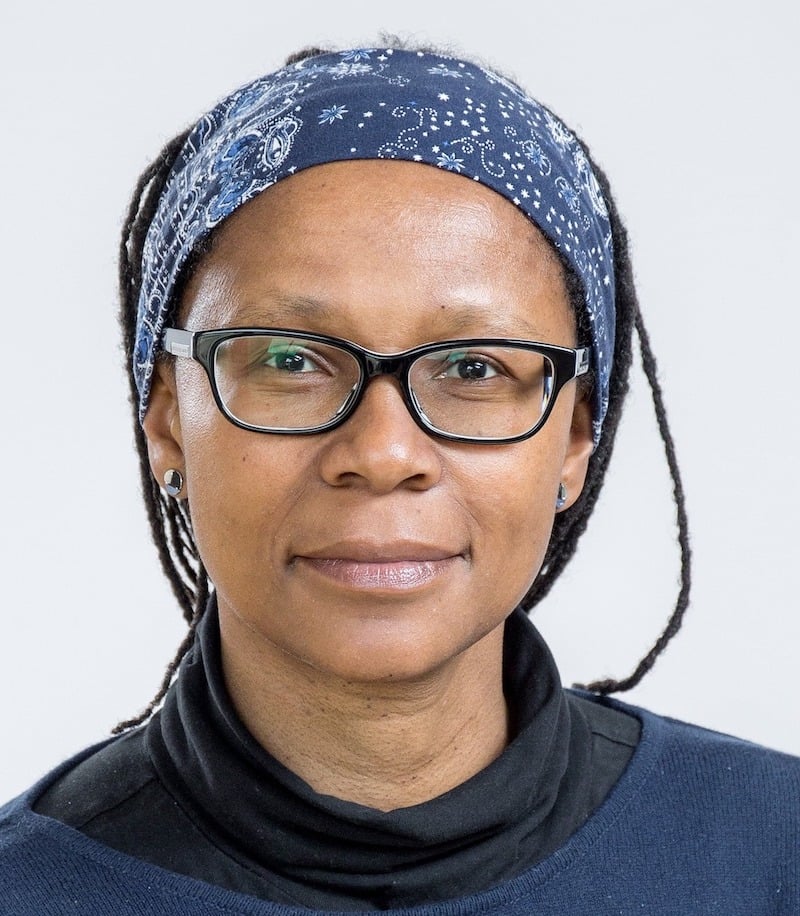
Can you tell us a bit about yourself and how you came to live in Norway?
I am Zimbabwean and I first came to Norway as a student in 1996. I had always wanted to study further and to see the world. I had planned to study for a master’s degree abroad after acquiring my bachelor’s in psychology at the University of Zimbabwe. However, life got in the way of my plans and I had a baby right after finishing my first degree. In 1996, I was working as a researcher at the University of Zimbabwe Medical school when I was told about an opportunity to study in Norway on a quota program. This was a fully funded special program for students from developing countries and Eastern Europe. Under this scheme, we received a loan from Lånekassen to study in English for a two-year master’s degree and thereafter, if we returned to our countries of origin and stayed there for 2 years, our loan would be converted into a scholarship. I completed my masters in Health Promotion in degree in 1998, but I had met my German husband soon after arriving in Norway, so I ended up not going back home. We lived in Norway for another three years while he finished his PhD. Thereafter, we moved to Scotland so I could do my PhD. We lived there for eight years and in 2009, we came back to Norway.
What does your work and research at the university focus on?
I am an Associate Professor in Health Promotion within the faculty of psychology at the University of Bergen. My job involves both teaching students who are studying for a master’s degree in health promotion and health psychology, and conducting research. Health Promotion is part of public health, but it focuses on enabling people to gain control over their own health through a focus on the structures and systems that impact people’s lives and not just on individual decision making. It’s easy to tell people what to do to live healthy lives but their environments or circumstances may prevent them from making healthier choices. So, we look at things like policies and practices that enable better health and well-being, things like housing, education, work, neighborhoods, recreational facilities etc. In health promotion we believe that health is created where we live, play, work and love.
Some of your work in health promotion explores integration by refugees and asylum seekers in Norway. Can you speak more to this?
Yes, my specific research interest is integration, adaptation and settlement in Norway with a specific focus on people who have come to Norway as refugees. I chose to focus on refugees because we talk about push and pull factors when discussing migration. There are those who chose to move to a different country and those who have no choice but to leave their country of origin usually because of conflict, war or some other difficulties. These people are often portrayed as victims and as vulnerable. Yes, we acknowledge that they have been, to a large extent, victims of circumstances beyond their control. They are often in vulnerable situations because of what they have experienced, but we believe there is much more to them that this ‘common or popular portrayal’ of vulnerability.
Our research moves away from the focus on trauma and problems, to a focus on strengths and resources. We believe that it takes a lot for a person to move from a war torn country travel, often through several countries facing many challenges, to make it to Norway; it requires strength and determination and we think it is important to highlight these aspects and see how drawing on these strengths can enable a person to settle successfully in Norway.
Our current research is with young people aged 18-30. In 2015, many young people came as unaccompanied minors or young adults without their families, and some are now transitioning to adulthood. They are trying to build their lives in Norway and to get jobs without the usual social and family support they would have back in their countries of origin. We focus on individual experiences and we also look at the structures and systems they interact with, such as welfare services, educational institutions, and workplaces and how they facilitate or hinder these transition.
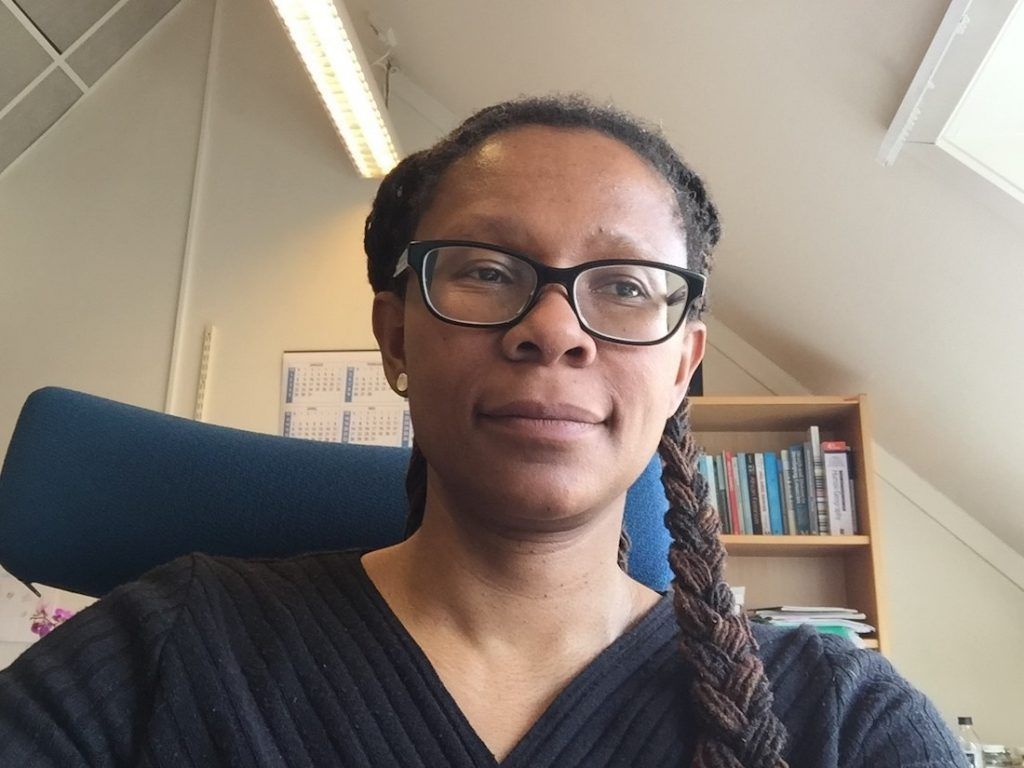
What impact does migration have on an individual?
When you move to a new country, first of all, you leave all you know behind. In our countries of origin there are unwritten rules, codes of conduct, norms, values that we learn as we grow up. We don’t necessarily think much about them and we take them for granted. When we move to another country – many of these no longer apply and we find that the new country we are in has its own unwritten codes which we don’t know, and no one can really explain these codes to us because they don’t think about them. So apart from the challenges of learning a new language, navigating the various systems – education, work, welfare etc., we also have to figure out the unspoken codes of conduct as we go to school, apply for jobs and generally try to participate in society.
Our identities are also challenged. In our countries of origin we know who we are and where we belong but often when we move to a new country this is challenged as people regard us in a different way and judge us by the way we speak, the colour of our skin or the country we come from. We often have to deal with other people’s preconceptions of who we are, and this can challenge our identities and self-perceptions. These challenges are especially difficult if you have not made a conscious choice to leave your country of origin but have been forced to leave by circumstances.
Why is this work important to you? And what have you learned/are you learning in the process?
As an immigrant, I know how difficult it is to adapt to a new country and to try to figure out who I am in a new environment. I initially became interested in the field of migration research when I read the stories of immigrant parents who were in conflict with the Norwegian child welfare service because their way of parenting was in direct conflict with Norwegian norms and laws. This made me see that there was work to be done here and that I, especially as an immigrant from a developing country and an academic, could have something to contribute.
As an outsider, I have a different perspective and I felt that I wanted to work to highlight people’s strengths and start with a focus on what people do well rather than focus on what they are doing wrong. I am also a strong believer in social justice and equity, and I felt that looking at refugees only from a deficit perspective is neither just nor fair. I am still in the process of learning and from the research we have conducted so far with young refugees we have seen determination, strength and the will to succeed and to contribute to Norwegian society. We see that the only thing that stops these young people from doing well and moving forward are societal attitudes and the systems around them that can be inflexible and difficult to navigate.
We have also seen that there are a lot of wonderful people working in the public, private and civil society sectors who really support and want to enable the young refugees’ successful integration but are often hindered by bureaucracy and politically motivated policies.
What was your experience in becoming a part of society in Norway? And how has it changed or bolstered your drive/activism for diversity and inclusion?
When I first came to Norway in the mid-90s, I encountered a lot of kindness but also a lot of ignorance about who I was and where I was from. I was met with preconceived notions because I am an African. I speak fluent English and people often had a problem relating to me because I didn’t fit into the box they had created for people like me. So, they just withdrew instead of trying to to get to know me and this was difficult. I come from a country where we meet strangers with interest and curiosity. We want to know more about where they come from, how they live — this openness and acceptance of people was my standard disposition and expectation. So, not having this as a norm when I moved here, was a cultural shock. Over time, and as I have come to learn more about Norwegian society, I have come to understand people a bit better and accept their different ways of being – not as something bad, but something different – and I made a conscious decision to focus on the many good things in and about this country.
This experience has really driven me in my role as an educator of young adults. I strive to expose my students to diverse ways of thinking, to get them to think critically about how knowledge is made and whose knowledge dominates, so that they may question what is presented to them instead of just accepting it. In so doing, they may become aware that there are other ways of being and other ways of knowing. I hope that with my approach, I am educating people who will go out into society and meet people with openness, curiosity, compassion and respect.
What support mechanisms have you found valuable as a woman, person of color, academic, and ‘international’ in Norway?
I am great admirer of the ‘flat’ system in Norway and the practice of equality: how once you are registered as a resident in the system, you have access to everything, even if you are not Norwegian. When I first came to Norway I was a young single mother, and the State supported my son and I even though I was a foreign student. I found this amazing.
As an academic, my support has really come from the colleagues that I knew when I was a student, my former lecturers who helped me with work after my studies and who later in life, paved my way into academia, so that has been an important network for me.
As a person of color, I cannot say that my needs are acknowledged. This is not because people don’t care but because there is still a lack of awareness and of real understanding of diversity – there is an assumption that we are all equal and are all treated equally but this is not true. Thus, I advocate equity rather than equality in my work.
As an international, I appreciate that I can use English in my working life. Although I have good working knowledge of Norwegian and use it often in my daily private and working life, being able to teach in English allows me the freedom to express myself articulately so as to engage in a way I cannot do in Norwegian. Because I speak Norwegian, I also have the flexibility to use Norwegian when necessary. So, this openness in my department is a real asset for internationals.
My real support networks though are my friends – mostly other women of colour – women who truly see me and understand the struggles I face.
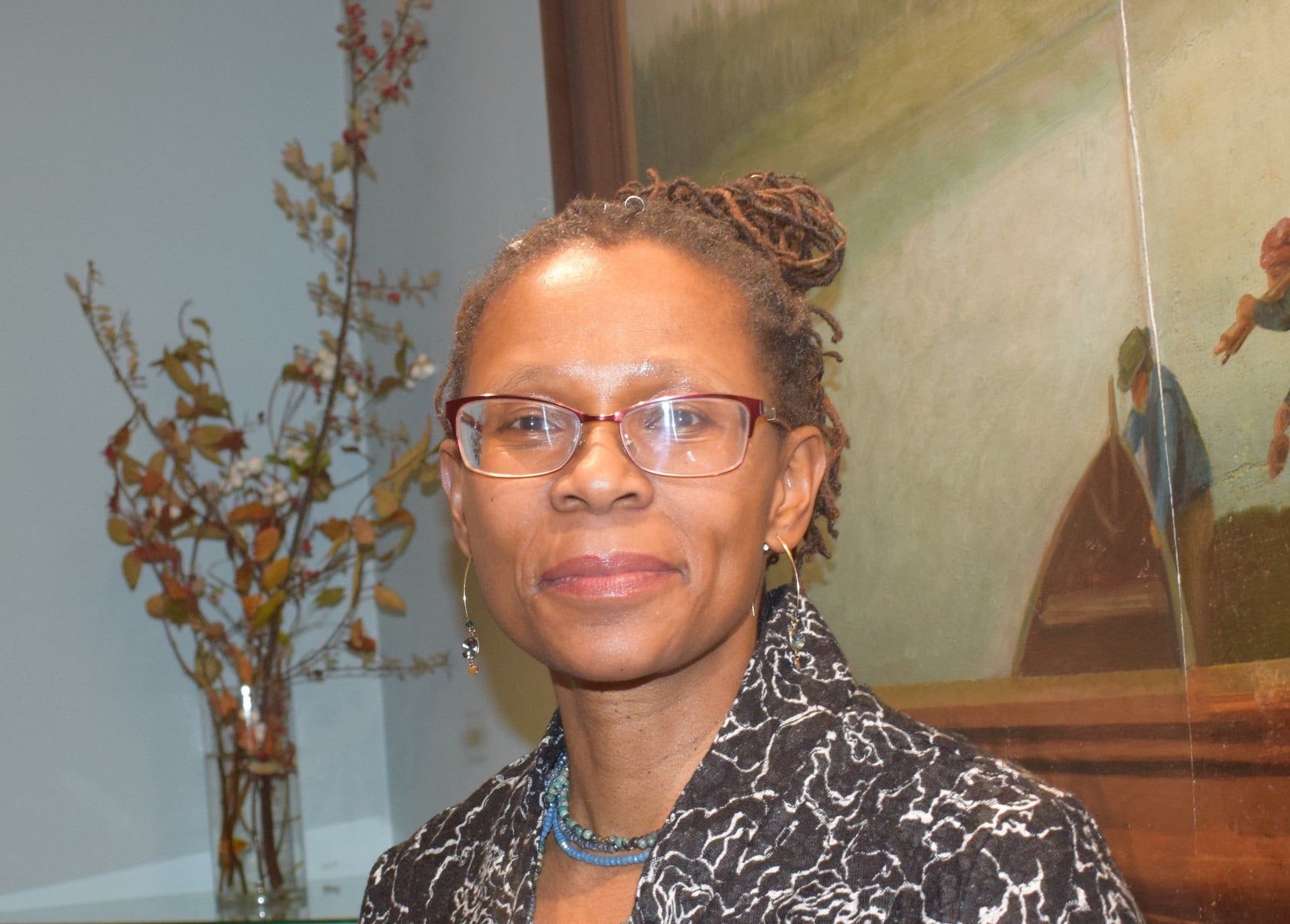

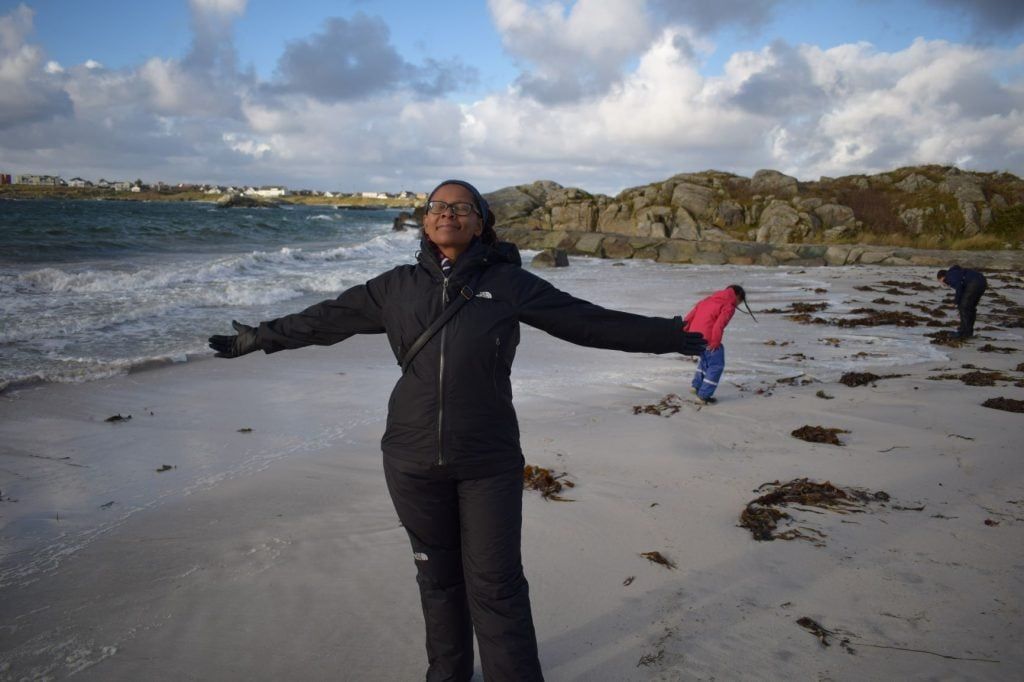
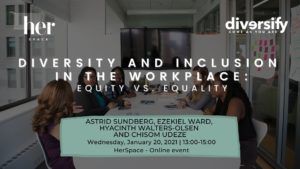
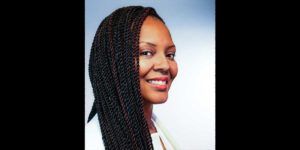
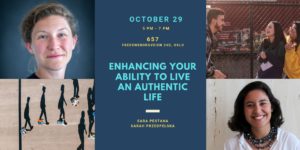
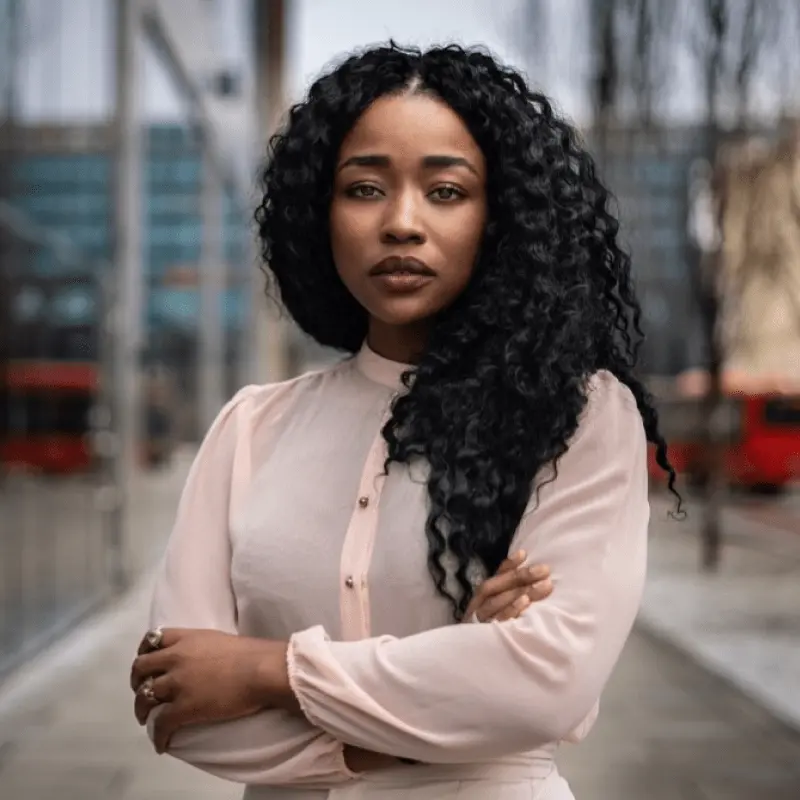
I love this. Fungisai is so inspiring. Thank you Diversify for such stories, hope to see more.